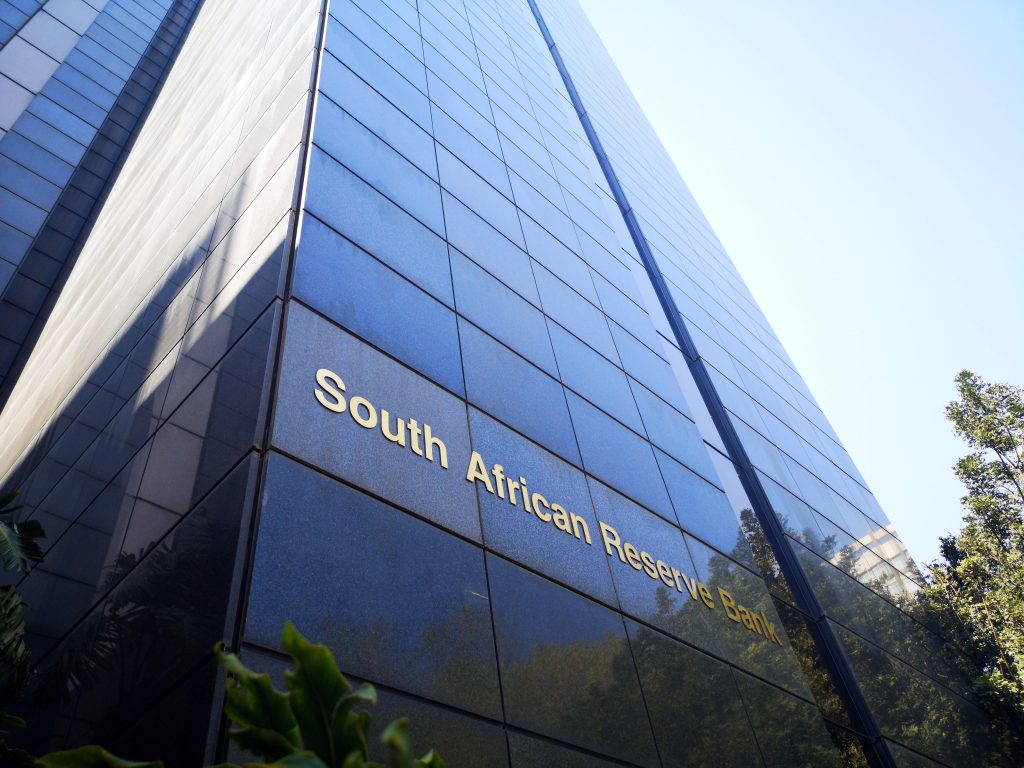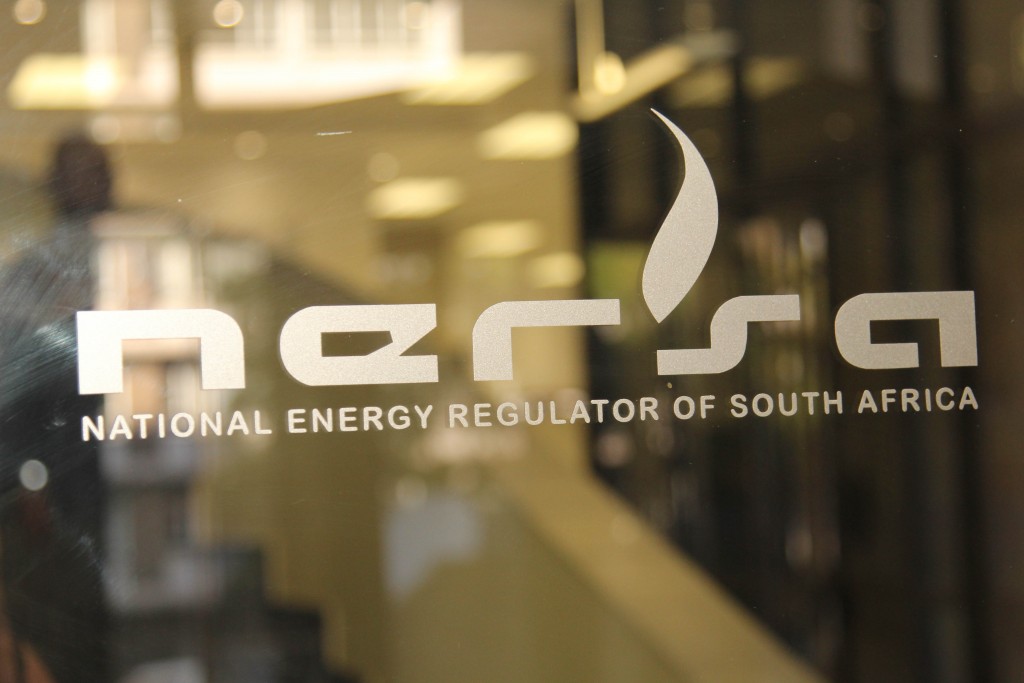Indian Prime Minister Narendra Modi secured an investment pledge of up to ¥10 trillion ($68 billion) from Japanese Prime Minister Shigeru Ishiba on Friday, as the two Asian economies partner up amid trade uncertainty brought on by soaring US tariffs.
“We both agreed that as two big economies and vibrant democracies of the world, our partnership is extremely important, not just for our countries, but for global peace and stability as well,” said Modi at a joint press announcement held after talks with Ishiba.
Japan will now encourage private companies to invest in India with a target of reaching ¥10 trillion over the next 10 years — a boost for an economy that on Wednesday was slapped with a 50% tariff by President Donald Trump, the highest in Asia.
The investment is part of a broader economic security pact that covers cooperation on semiconductors, critical minerals, and artificial intelligence. The two sides also launched new initiatives to support startups, as well as to partner up on clean energy and space.
ADVERTISEMENT
CONTINUE READING BELOW
The pledge for closer ties comes as India explores a shift in its geopolitical balance and seeks to shore up support from friendly nations after relations with the US took a downturn. As part of that shift, Modi will travel to China for the first time in seven years after his trip to Japan and is expected to meet with leader Xi Jinping, in a move that looks to rekindle ties with Beijing after a 2020 border clash that soured relations.
Japan, whose key car industry has been hit hard by Trump’s tariffs, is also looking to boost trade with like-minded nations as it seeks to tap into India’s vast market and young demographic.
India and Japan also updated a 2008 joint statement on security cooperation to better reflect the common challenges the two sides face now, according to Ishiba.
“Now, as the international situation becomes increasingly uncertain, Japan and India must join forces to ensure peace and stability in the region,” Ishiba said.
The updated defense declaration includes a commitment to more joint exercises, cooperation on critical minerals, and exploring the potential of jointly developing and producing military equipment, according to the Japanese foreign ministry.
ADVERTISEMENT:
CONTINUE READING BELOW
New Delhi is particularly focused on the transfer of technology and jointly developing military hardware, people familiar with the matter said earlier. India and Japan are working to develop a sophisticated sensor for seamless communication while increasing the stealth features of warships.
India is the second-largest importer of arms after Ukraine — according to data from the Stockholm International Peace Research Institute. It’s trying to ramp up domestic weapons manufacturing and acquire technology from nations such as France, Germany, Japan and the US.
The two countries are aligned on continuing cooperation on plans to deliver a high-speed bullet train to India, Ishiba also added, and the leaders also agreed to encourage the exchange of 500,000 people working in various industrial sectors over the next five years.
© 2025 Bloomberg
Follow Moneyweb’s in-depth finance and business news on WhatsApp here.

 4 days ago
1
4 days ago
1






















 English (US) ·
English (US) ·